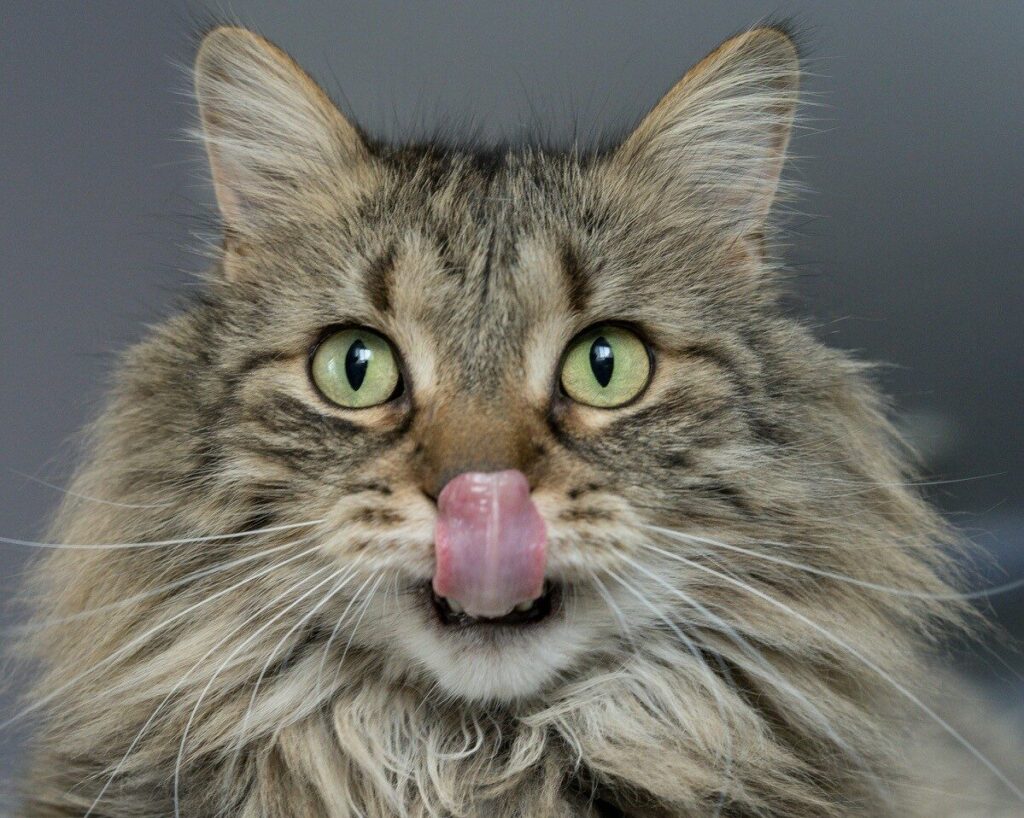
If you’re a seasoned cat parent or new to having a feline friend, certain cat behaviours can leave you, well, chasing your tail.
I’ve had cats all my life and I like to think I know enough about cats and their quirks. However, after speaking with The Cat Consultant, my mind was blown! With so many different shapes, sizes and ‘breeds’ sometimes it takes an expert to help you when your cat starts behaving badly.
We’ve all seen and heard of dog trainers, but have you heard of cat behaviourist? I caught up with the amazing Lorey, the owner of The Cat Consultant, and you’ll want to know what she had to say!


